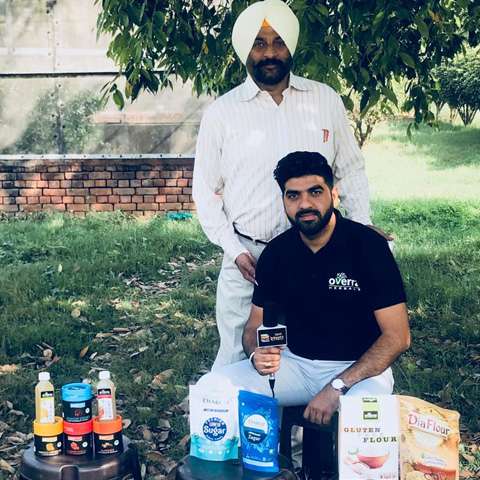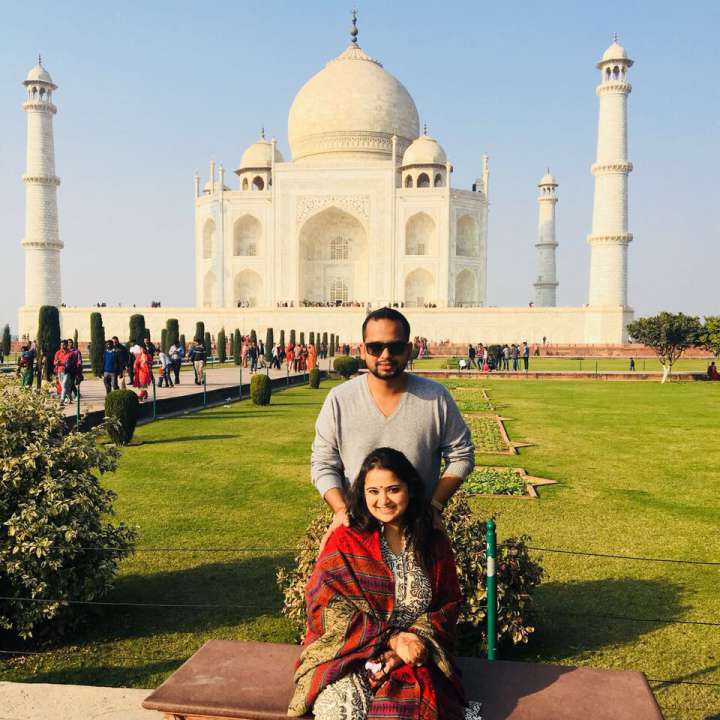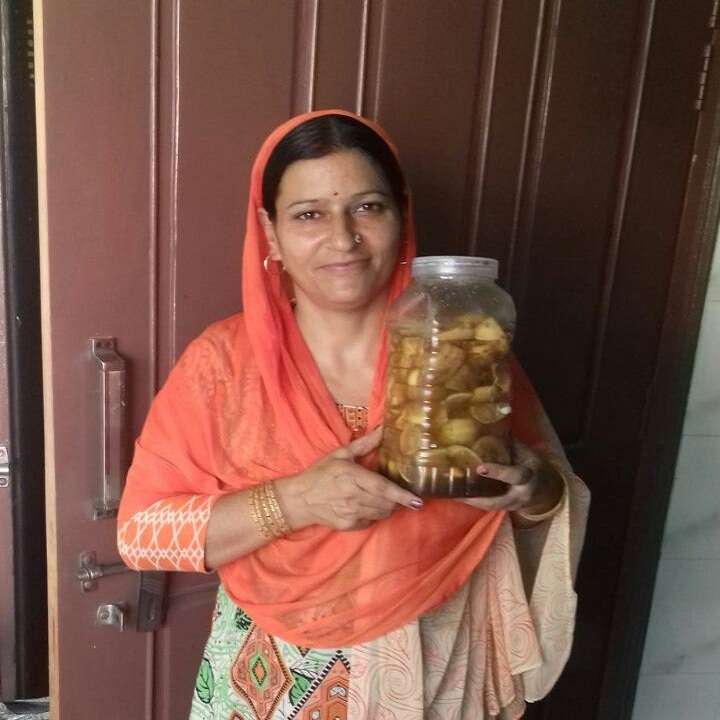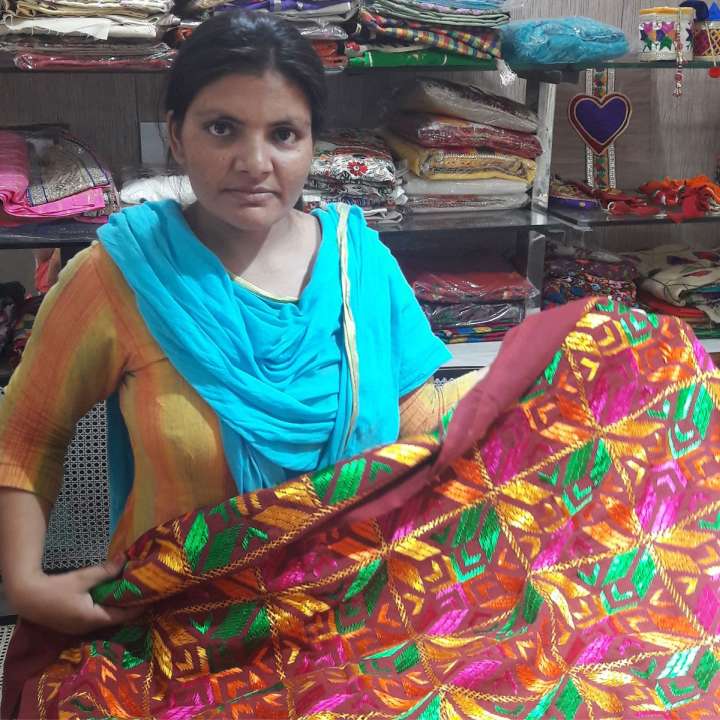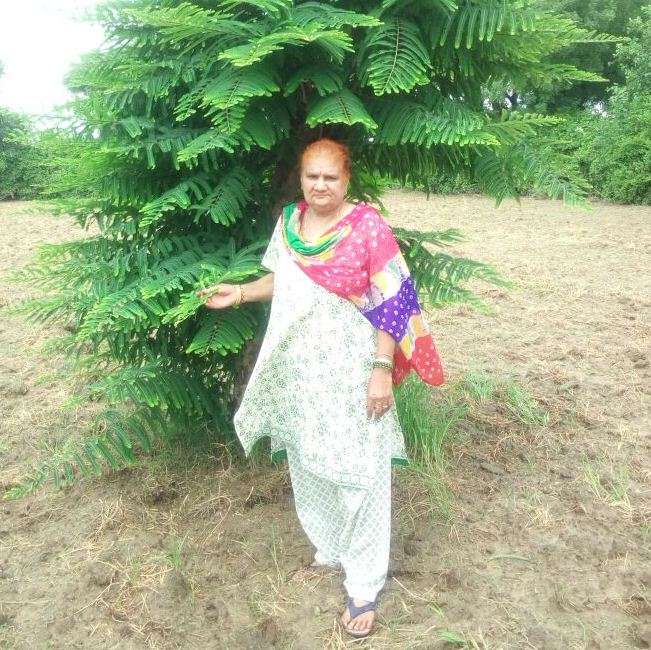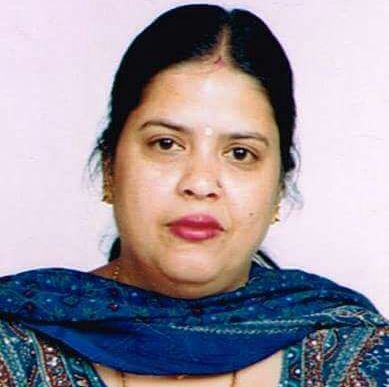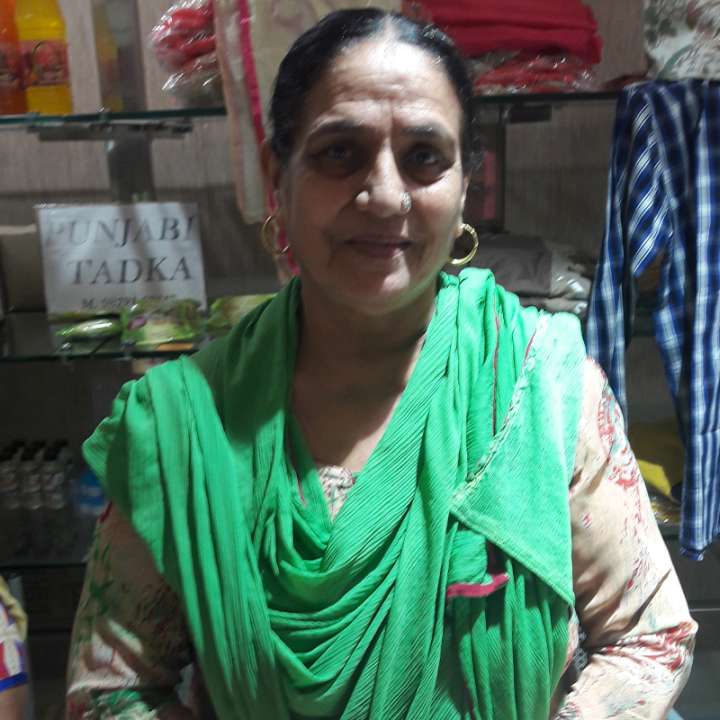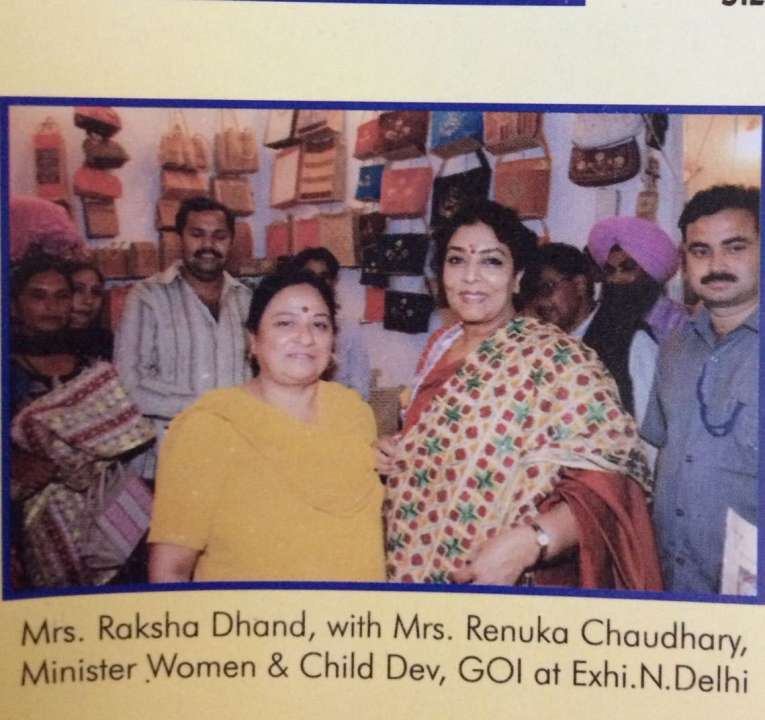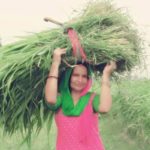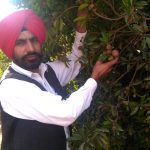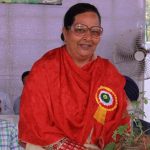A Token of gift from Kashmir
He has started his startup, AL Kareem Souq Pvt. Ltd., with the brand name “TUFA,” in 2019 with a vision and mission to empower farmers in J&K. “TUFA “in Arabic means apple.
The main focus of his startup, “TUFA,” was to remove the middleman from the Agriculture and Horticulture value chain by branding, marketing, and selling products via online and offline modes directly to customers or business-to-business, which increased marginal farmers’ profit by 30% to 40%. Also, many other AgriTech startups will come forward to take the lead in this direction. The primary goal is to increase the value of Kashmiri products such as apples, walnuts, almonds, saffron, and others while making them more affordable to customers.
After conquering success in selling apples, he decided to innovatively package apples in J&K, which has encouraged him to introduce other premium products from Kashmir, like saffron, walnuts, almonds, shilajit, lavender oil, kahwa, and others, to the pan-Indian market.
Adnan Ali received a huge response from customers across the country and abroad. He not only manufactures but also brands, markets, and sells his products without the use of any middlemen. This model has increased the income of farmers, and their bargaining power has increased. The main goal was to create a startup ecosystem in J&K so that the agriculture and horticulture industries could reach new heights.
It occurred to him in 2010 while conducting research that farmers are exploited by middlemen, with farmers receiving only 20% of the price spread. Mr. Khan has a management background. He started doing research and found that there was a huge gap between the wholesale price and the retail price.
Adnan found that there is huge demand for Kashmiri products, which are premium products. Tufa started with small packs of apples and supplied them to supermarkets in Kashmir, and it was a huge hit with customers. Then he started with other products like saffron, walnut, almond, lavender oil, etc.
His mission is to become a successful agro-farmer at the national level by offering assistance to marginal agro-farmers in the exploration of market opportunities, the achievement of direct and seamless connectivity, and integration with the mainstream market through technological intervention.
“TUFA” is truly a gift from nature, as all products are natural and straight from the farm, with no adulteration or preservatives. Most products have mineral, nutritional, and medicinal value, like walnut, almond, saffron, lavender oil, etc. The bright side is that organic products are 30% less expensive than other brands in the market. The quality is unmatched.
List of products
- Apple, Walnut, Almond, Saffron, Shilajit, Lavender Oil, Gulkand,
- Figs, Cranberry, Blue Berry, Rajma Dal,
- Kahwa Tea, Honey, Masala Tikki, Red Chilli Powder,
- Lavender Tea, Apricot, Walnut Oil, Almond Oil, Apple Pickle, Apple Chutney, etc.
Khan has been lucky in starting his initiative, as he was supported by everyone during his journey. His family and mentors have been a constant source of support. Also, his initiative was supported & praised by many dignitaries, like NIAM Jaipur, Vice Chancellor SKUAST Kashmir, Vice Chancellor IUST Kashmir, Director CIED IUST, and Director General Horticulture Kashmir. Among those present were the Hon’ble Lt. Governor of J&K, UT President Shri Manoj Sinha, and J&K farmers.
Future Aim
His plan is to create a franchise model for selling premium Kashmiri products. Adnan will have a pan-India presence, and we will try to introduce more unique products from Kashmir. He wishes to be live on, Flipkart, and Amazon so that he can serve all customers. He is also attempting to establish physical stores across India through the franchise model. He wants to grow his business at the pan-India level.
Challenges
There are many personal challenges that Adnan faced in terms of initial investment, lack of knowledge, and expertise. During COVID-19, all operations were halted. Now things have eased out, and we are moving in the right direction.
Adnan Ali expresses his desire to make ‘TUFA’ the first unicorn from J&K in the next 10 years. He wants to provide a platform for marginal farmers to sell their produce directly to customers without the intervention of a middleman. He believes that every day he is working towards his purpose of creating a brand for premium Kashmiri products that will offer quality products at a reasonable price.
Message for Farmers



